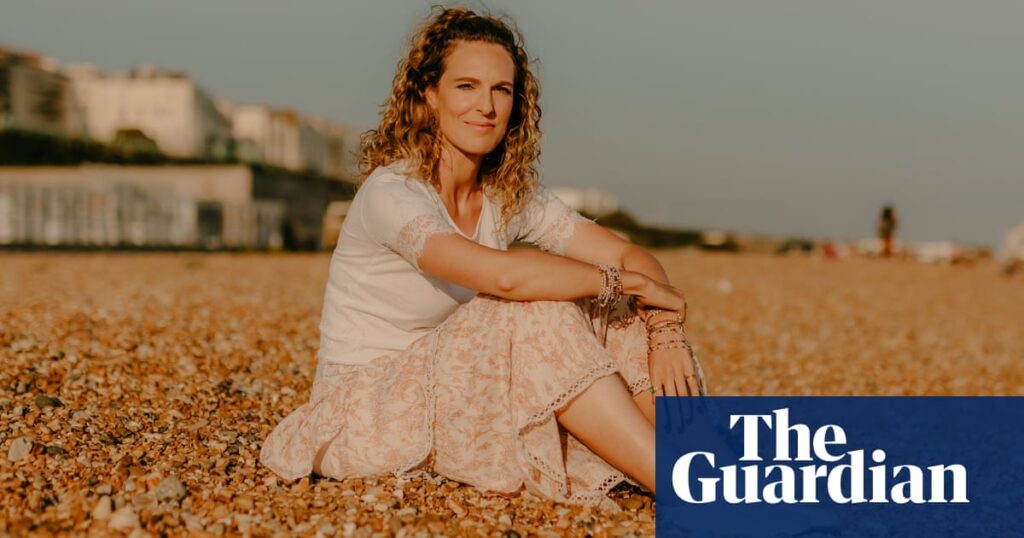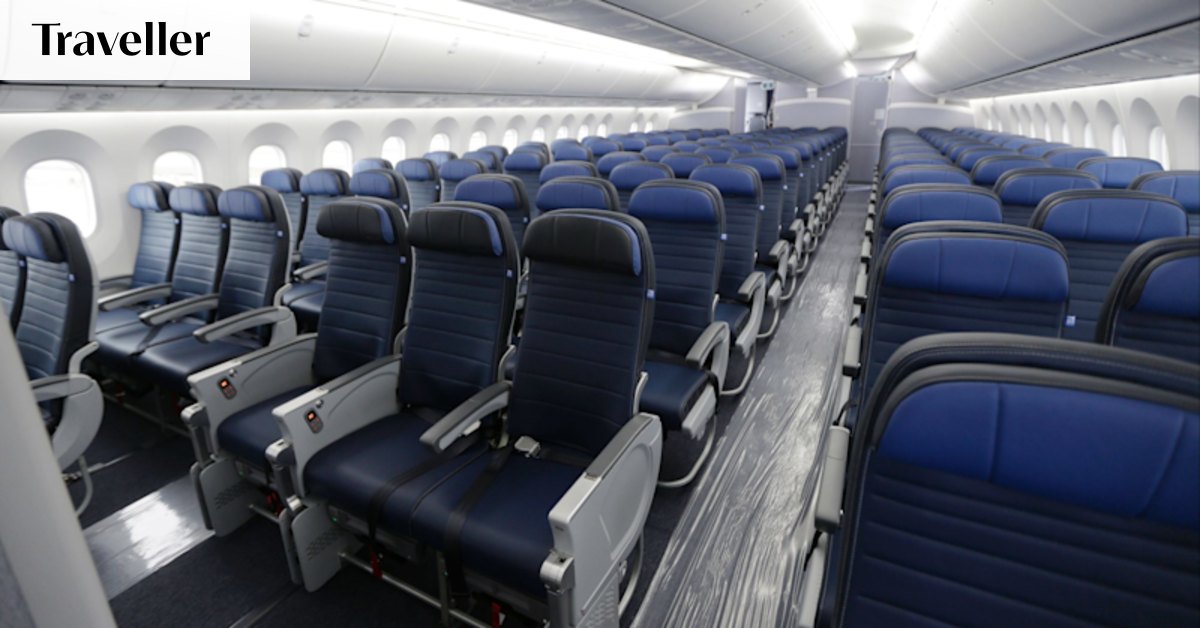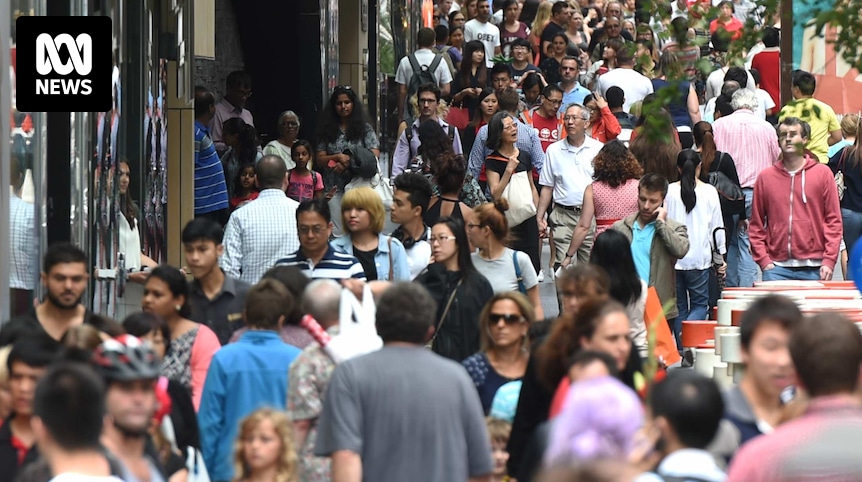
Jason, a 34-year-old American, navigates the pool table with a cue in hand, his movements slightly unsteady. After five Saigon beers, he will leave, mount a scooter, and head back to his beach hut. This has been his nightly routine for the past four days. Meanwhile, Eloise, a 38-year-old French national, dances energetically on the floor. Earlier on the beach, she shared her aspirations of striking it rich with bitcoin, though she lacks the necessary funds. Then there’s Bex, a Briton in her late 50s, whose eyes are wide and wild after taking a pill. She spends only a month each year in the UK, not by choice, but to reassure her concerned family.
We find ourselves on a paradise island in Southeast Asia, laptops closed for the day. This is the digital nomad dream, isn’t it? The embodiment of adventure and freedom? But are we truly content, or merely pretending?
The Rise of the Digital Nomad
The number of digital nomads—individuals working remotely without a fixed location—has surged in recent years. In 2024, approximately 18.1 million American workers identified as digital nomads, marking a 147% increase since 2019, according to MBO Partners. Public First, a research firm, estimates that 165,000 British citizens are digital nomads, with 7% of the adult population considering this lifestyle within the next three years.
However, for some, the allure of this lifestyle is fading. I can attest to this, having been one myself. In 2022, I transitioned to freelance writing due to the rising cost of living in the UK. Faced with the choice of paying about £1,000 monthly for an apartment or pet-sitting to save for a house deposit, the decision was clear.
From Freedom to Fatigue
Initially, I reveled in the lifestyle, working flexible hours for a few clients and enjoying evenings on the beach. Yet, midway through my most recent six-month trip, a nagging thought emerged: “What am I doing?”
Corina, a former digital nomad from Australia, experienced a similar epiphany. Running her property business remotely, she ventured to South America, feeling liberated at first. But soon, she questioned whether this was truly what she wanted. Despite her extensive travel experience, the unpredictability of her lifestyle became exhausting.
“At some point, the difficulty of it all exhausted me. I just never knew what was coming,” Corina shared.
For me, the challenges of nomadic life would fade upon returning to overcast England, with the prospect of another trip reigniting my spirit. But like any addiction, satisfying the travel craving with more travel didn’t resolve the underlying issues.
The Struggle for Stability
Many digital nomads, like Matt, end up frequenting global Starbucks locations for reliable Wi-Fi. Despite the allure of exotic locales, the reality often involves mundane work settings. Matt, a 25-year-old British writer, found himself questioning his choices early on, despite fulfilling his dream of global travel.
“I got to my rented apartment in Kuala Lumpur, which had a rooftop pool, and thought: ‘Wow, this is everything I’ve dreamed of!’ But the excitement wore off and I had this deep ache inside me,” Matt recalled.
Research from the University of Groningen suggests that a nomadic lifestyle can significantly impact one’s life course, affecting both employment opportunities and mental well-being. The study found that many digital nomads view their lifestyle as temporary, eventually seeking stability either back home or through permanent migration.
The Quest for Community
Caterina, an Italian project manager, found the nomadic lifestyle taxing on her health. Working remotely for a tech startup, she and her partner traveled extensively, but the constant admin and lack of a comfortable environment took a toll.
I recall a challenging period in Vietnam, plagued by illness, yet grateful for the refuge of my brother’s home. Unlike Matt, who ventured alone, I stayed near friends, recreating a semblance of community. However, I realized that true happiness stemmed from people and community, not location.
Gradually, the idea of settling down became appealing. I craved a space of my own, familiar neighbors, and a routine. Returning to the UK, I faced reverse culture shock and uncertainty but eventually embraced a new chapter in Brighton, finding liberation in stability.
Reflections and Resolutions
Corina returned to Australia, finding unexpected solace in an office job. The structure provided a break from the relentless demands of nomadic life. Matt, after a health scare in Calgary, also returned to the UK, cherishing family time.
Caterina and her partner finally committed to a New York apartment, embracing continuity. While none of us rule out future travels, we agree on the need for a mental reset and the joy in life’s simple pleasures.
“I don’t regret a second of my travels,” Corina stated. “But now, I’m enjoying the stability and the little things.”
As I reflect on my journey, I cherish the experiences and gratitude for the opportunities I had. While I may not climb a Balinese volcano tomorrow, the sunrise over Brighton beach is equally beautiful.





